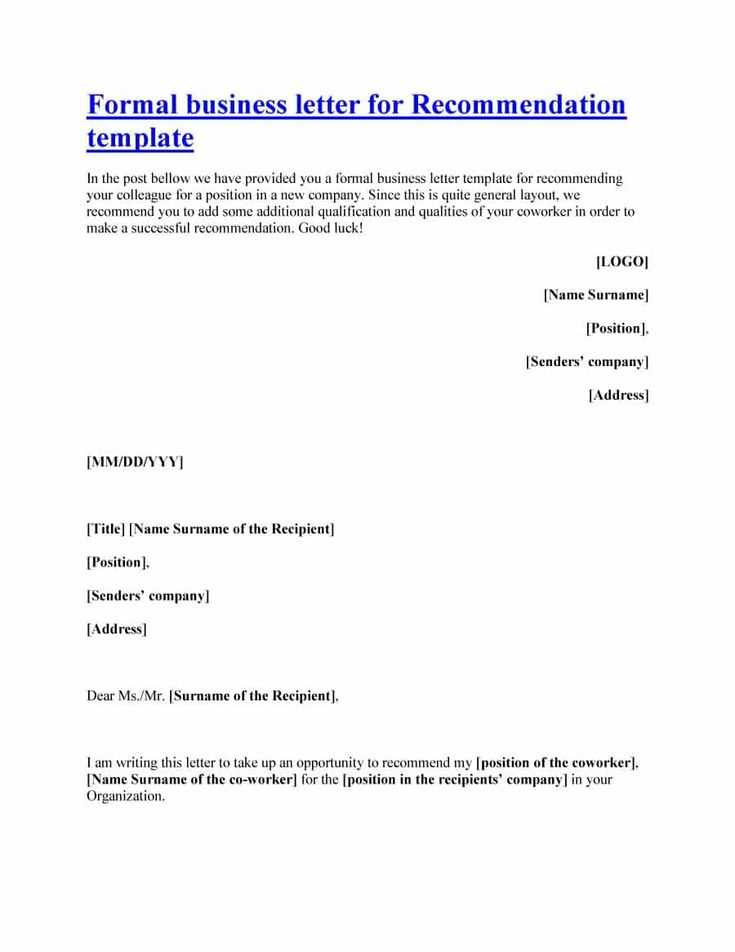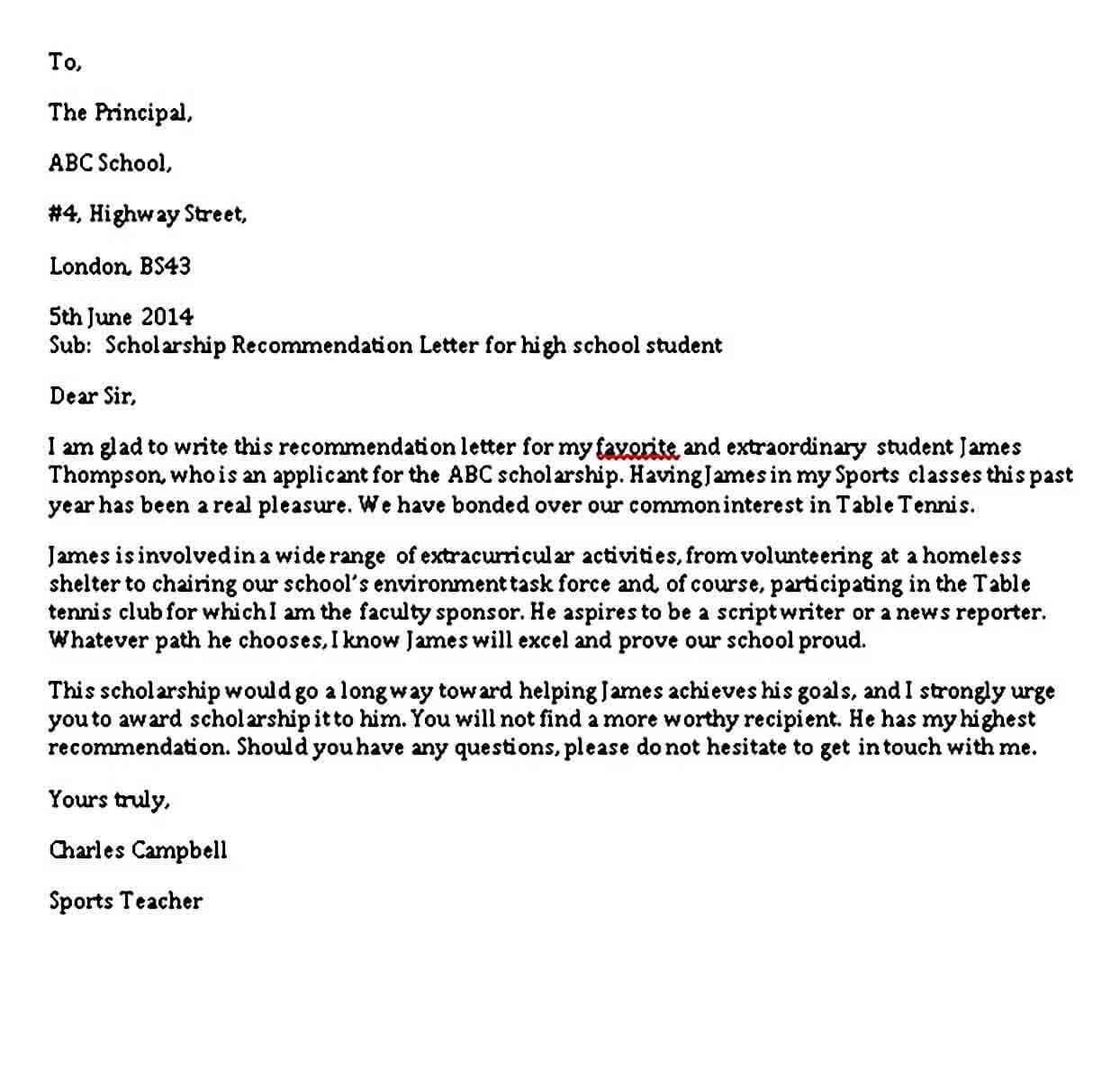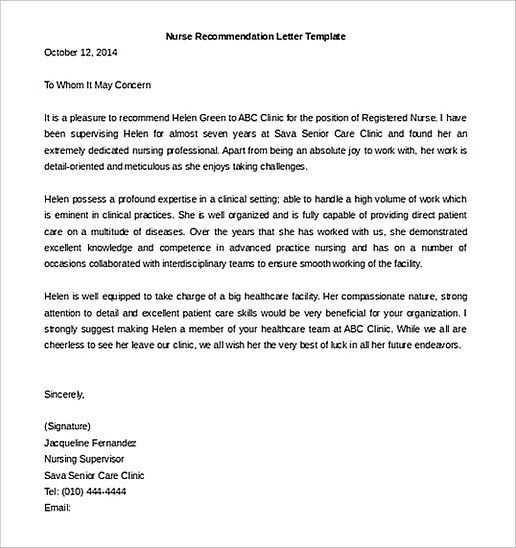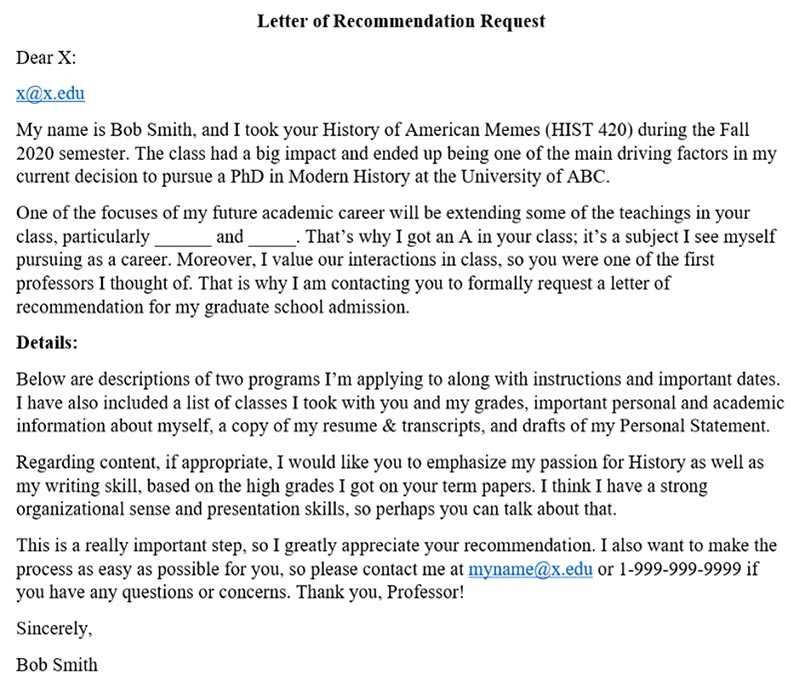Template to ask for a recommendation letter

Asking for a recommendation letter can feel daunting, but with the right approach, you can make the process smooth for both you and the person writing the letter. Be direct and clear about what you’re asking for. This helps your recommender understand the importance and urgency of your request.
Be specific about the purpose: Let your recommender know exactly what the letter is for–whether it’s for a job application, a scholarship, or further education. Tailoring your request helps them highlight the right qualities and experiences that align with the opportunity.
Provide context and details: Make sure you share any relevant documents, such as your resume, a list of your achievements, and specific examples of your work. This allows your recommender to write a more personalized and strong letter.
Clarify the deadline: Respect your recommender’s time by being upfront about the timeline. Provide enough time for them to write a thoughtful letter, but also be clear on the submission deadline. A gentle reminder a week before the due date can ensure they don’t forget.
Show appreciation: Acknowledge that writing a recommendation letter takes time and effort. Express your gratitude for their help. This makes the process more positive and encourages your recommender to put in their best effort.
Template to Ask for a Recommendation Letter

Subject: Request for a Recommendation Letter
Dear [Recipient’s Name],
I hope you’re doing well. I’m reaching out to ask if you would be willing to write a recommendation letter for me. I am in the process of [applying for a job/applying to a program/applying for a scholarship] and believe your perspective on my [skills/work ethic/achievements] would provide great value to my application.
To make it easier, I’ve outlined a few key points below that you might consider including:
- Our work together on [specific project/task].
- My strengths in [specific skills].
- How I contributed to [outcome/goal/achievement].
If you need any additional details or would like me to send a draft to get started, feel free to let me know. I truly appreciate your help and your time in considering this request.
Best regards,
[Your Name]
Choosing the Right Person to Request a Recommendation From
Ask someone who knows your skills and achievements well. The ideal person should be able to provide specific examples that highlight your strengths and abilities. Select someone with a clear understanding of your work ethic, character, and goals. A recommendation from a mentor, supervisor, or colleague who has worked closely with you will hold more weight than a generic letter from someone who only knows you casually.
Consider Their Position and Reputation
The person you ask should hold a respected position in their field or organization. Their credibility can add significant value to your request. If they have relevant experience or recognition, their endorsement will be more impactful, helping your application stand out.
Evaluate the Relationship
A strong, positive relationship with the person can make all the difference. They should feel comfortable discussing your work and achievements in depth. Ideally, they should be someone who can speak to your progress, dedication, and growth over time. Avoid choosing someone who is distant or unaware of your recent accomplishments, as they may not be able to provide a convincing or personalized letter.
Crafting a Clear and Professional Email Request
To write a request for a recommendation letter that gets a positive response, focus on clarity and respect. Start with a direct subject line that highlights the purpose of your email. For example, “Request for Recommendation Letter for [Your Name].” This makes it clear to the reader what you are asking for right away.
Structure Your Email Properly
Keep your message concise and to the point. Use short paragraphs or bullet points to organize the information. Include the following key details:
- Salutation: Begin with a respectful greeting, addressing the recipient by their preferred title.
- Introduction: Briefly explain who you are and the context of your relationship with the person. Mention how long you have known them or worked together.
- Specific Request: Clearly state that you are requesting a recommendation letter. Be specific about why you are asking for their support, and mention any relevant details or experiences they could highlight.
- Reason for the Recommendation: Let them know the purpose of the letter (e.g., job application, graduate school, etc.). If there’s a deadline, include that information here.
- Thank You: End your email with appreciation, thanking the recipient for considering your request.
Provide Relevant Information
Make it easier for the person writing the letter by providing any necessary information upfront. This might include:
- A brief overview of your qualifications or experiences relevant to the request.
- Guidelines or specific points they might want to include, such as achievements or skills that would align with the position or program you’re applying for.
- Details about the submission process, if there’s any online portal or particular format for the letter.
Always express gratitude for their time and effort in supporting your application. This approach ensures clarity and encourages a positive response.
Providing Necessary Background Information for the Recommender
Share key details about the position, program, or opportunity you’re applying for. This helps the recommender align their letter with specific qualifications or requirements. Be clear about the goals you’re aiming to achieve and how this recommendation will support them.
Offer a brief overview of your relationship with the recommender. Mention how long you’ve worked together and in what capacity. Highlight any projects, responsibilities, or achievements you collaborated on that are relevant to the recommendation.
Provide a list of skills, accomplishments, and experiences that you believe should be included. This gives the recommender a clearer picture of your strengths and helps ensure the letter focuses on your most significant qualities.
Clarify any deadlines or submission requirements, such as where and how the letter should be submitted. This will keep the process organized and stress-free for both you and the recommender.
Offer to provide any additional information, such as a resume or portfolio, to assist in crafting the letter. Being accessible for follow-up questions will ensure that the recommendation is as tailored and detailed as possible.
Setting a Realistic Timeline for Submission
Give your recommender enough time to write a thoughtful letter. Aim to ask for a recommendation at least 4–6 weeks before the submission deadline. This allows for ample time to manage their schedule and craft a meaningful letter without feeling rushed.
Consider the recommender’s other commitments. Professors, supervisors, or mentors may be juggling multiple requests, so offering a timeline with flexibility helps avoid last-minute pressure. Make sure to send a friendly reminder a week or two before the deadline, but avoid constant follow-ups unless absolutely necessary.
If you’re working with multiple submission dates, organize them in a way that helps the recommender prioritize. Providing clear instructions for each submission (i.e., how to submit, where to send the letter, and any specific formats required) saves time and reduces confusion.
Lastly, keep track of your progress. Use a checklist or calendar to ensure all deadlines are met. Setting a timeline for your own tasks and submissions ensures you’re ready to move forward with your applications without last-minute stress.
| Task | Suggested Deadline |
|---|---|
| Initial Request | 4–6 weeks before submission |
| Reminder Email | 1–2 weeks before submission |
| Final Submission | 3–5 days before actual deadline |
Following Up with a Polite Reminder

Sending a reminder should be thoughtful and respectful of the recipient’s time. Begin with expressing gratitude for the person’s willingness to assist you. Acknowledge that they may have a busy schedule, and kindly ask if they had the opportunity to review your request.
Timing Your Reminder
Wait about a week or two before sending a follow-up. If your original request was more urgent, a shorter time frame may be acceptable. Timing is key–respect the balance between giving enough time and appearing overly impatient.
Crafting Your Message
Start by restating your initial request in a polite manner. Mention that you understand the person’s schedule and that you appreciate their consideration. Avoid coming across as demanding. Keep your tone light and friendly while still expressing the importance of the letter for your application.
Example: “I hope this message finds you well. I wanted to check in regarding my request for a recommendation letter. I completely understand how busy things can get and really appreciate your time and effort. Please let me know if you need any additional details from me.”
Conclude with a courteous offer to provide further information if necessary and express your gratitude again. Always end on a note of appreciation.
Expressing Gratitude and Acknowledging the Effort
After receiving a recommendation letter, always take the time to express your appreciation. Acknowledge the effort the person put into writing it. A simple “thank you” may seem like a small gesture, but it can go a long way in showing your gratitude. Make it clear that you recognize how valuable their time and effort were in supporting you.
Personalize Your Thanks

Rather than a generic “thank you,” try to mention specific aspects of the letter that stood out. If they highlighted your skills or achievements in a unique way, let them know how much you appreciated that. Acknowledge the impact their words will have on your future opportunities and how much it means to you personally.
Follow Up with Results
When the recommendation starts to bear fruit–whether it’s an interview, a job offer, or a program acceptance–inform the person who wrote it. Share your success as a direct result of their support. This not only reinforces the importance of their recommendation but also shows how it played a role in your progress.